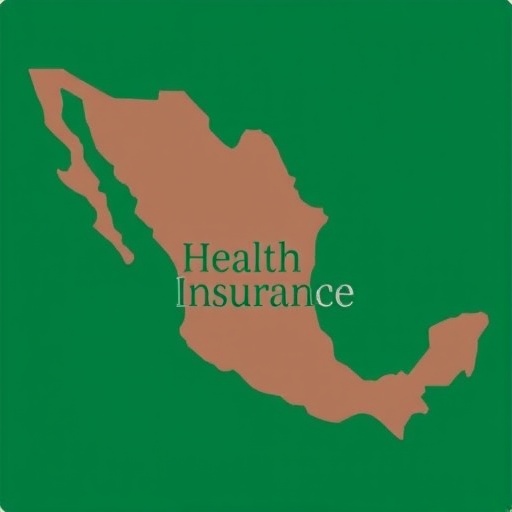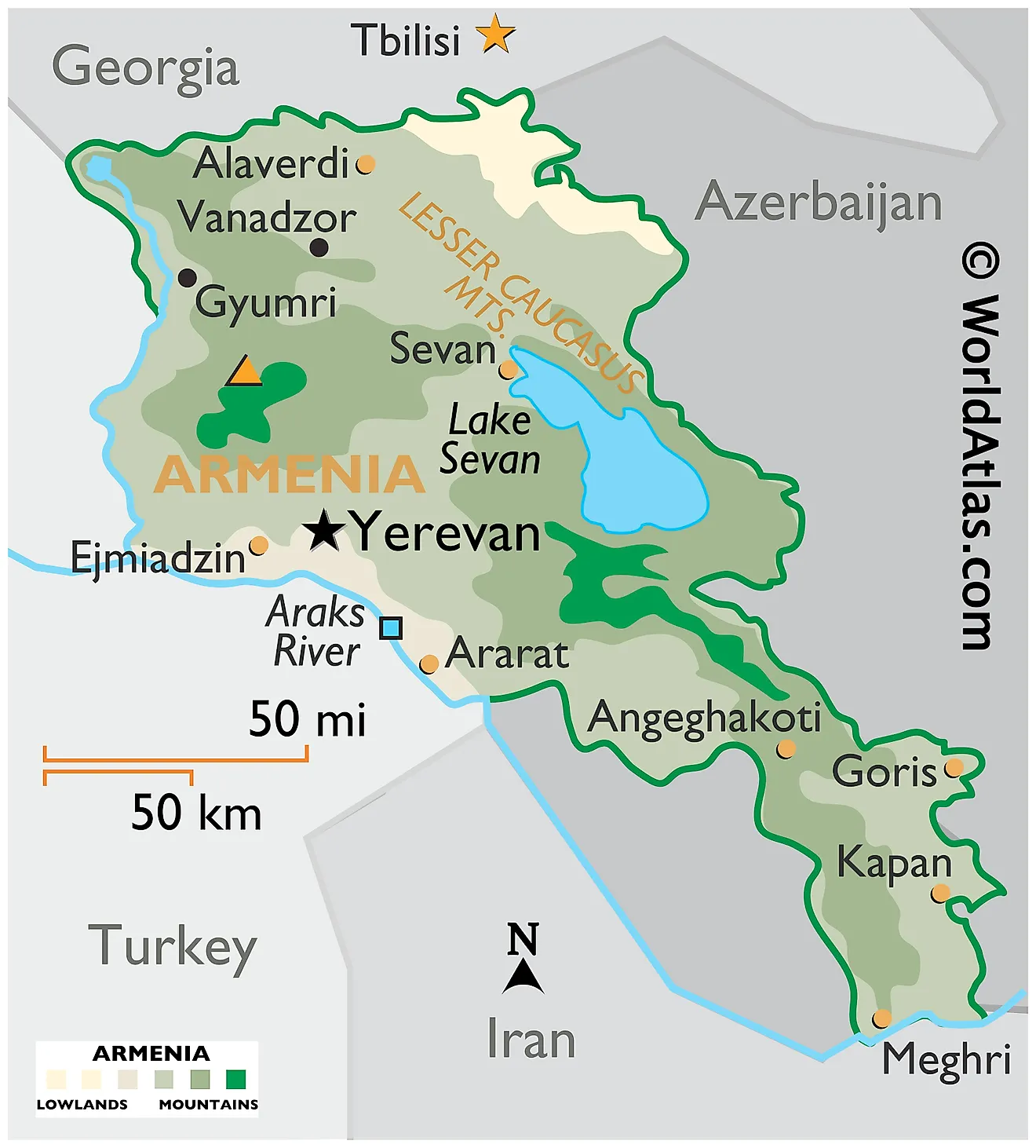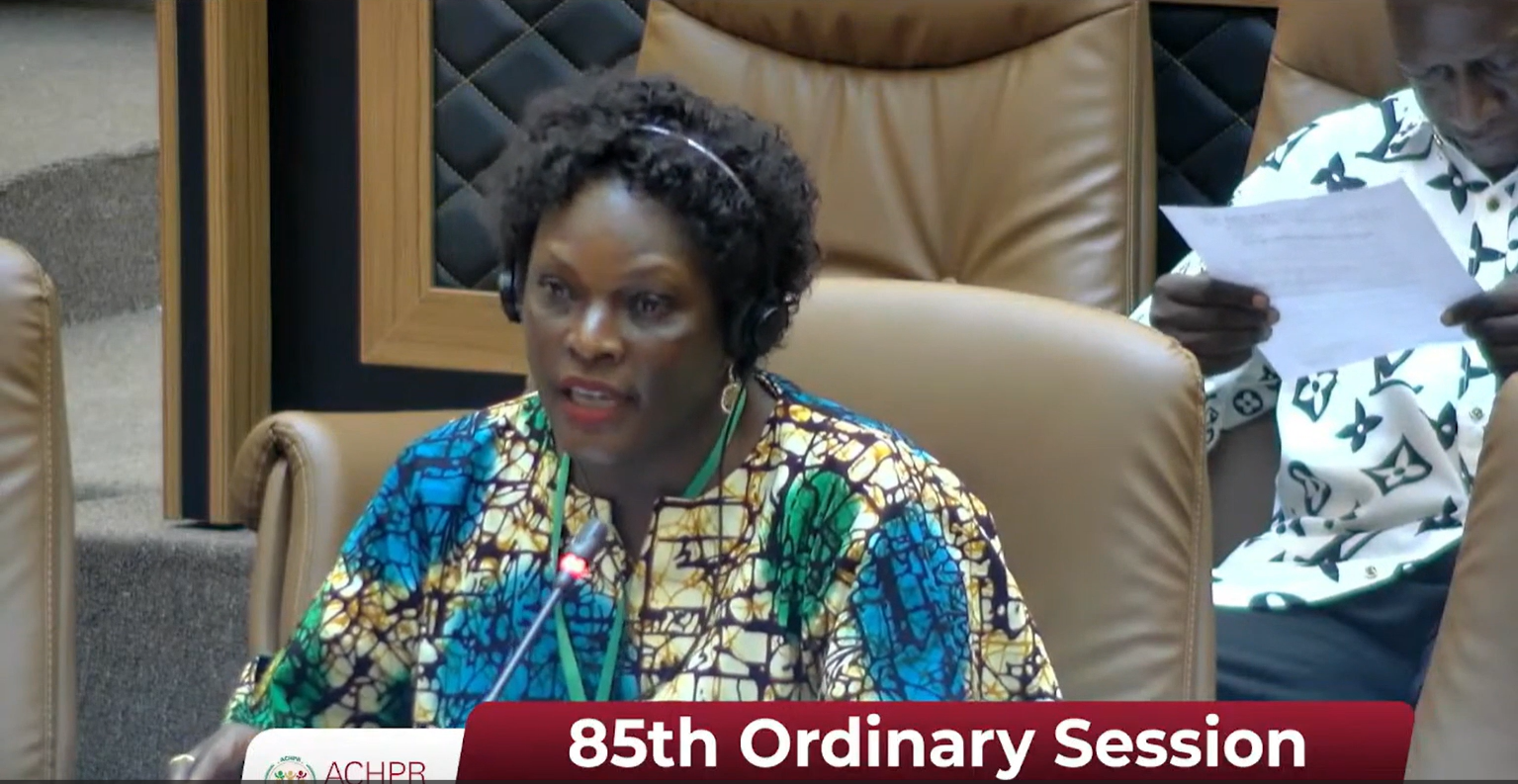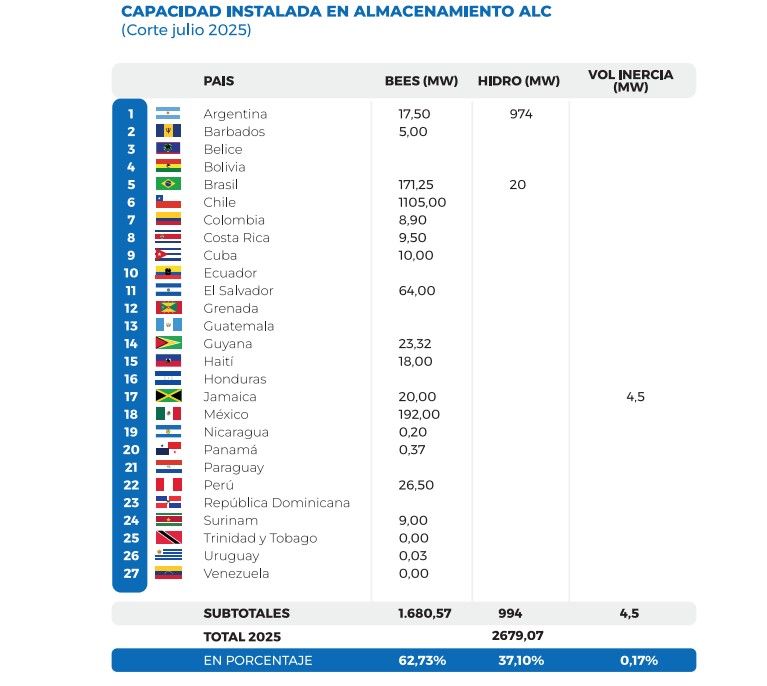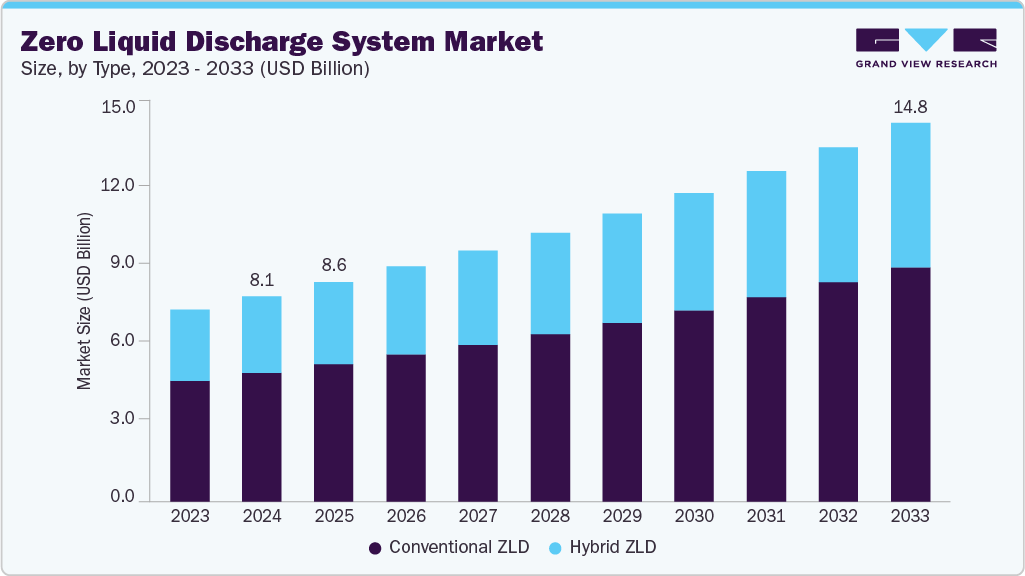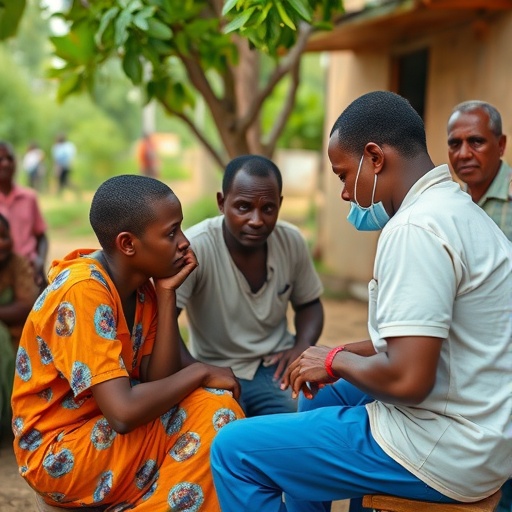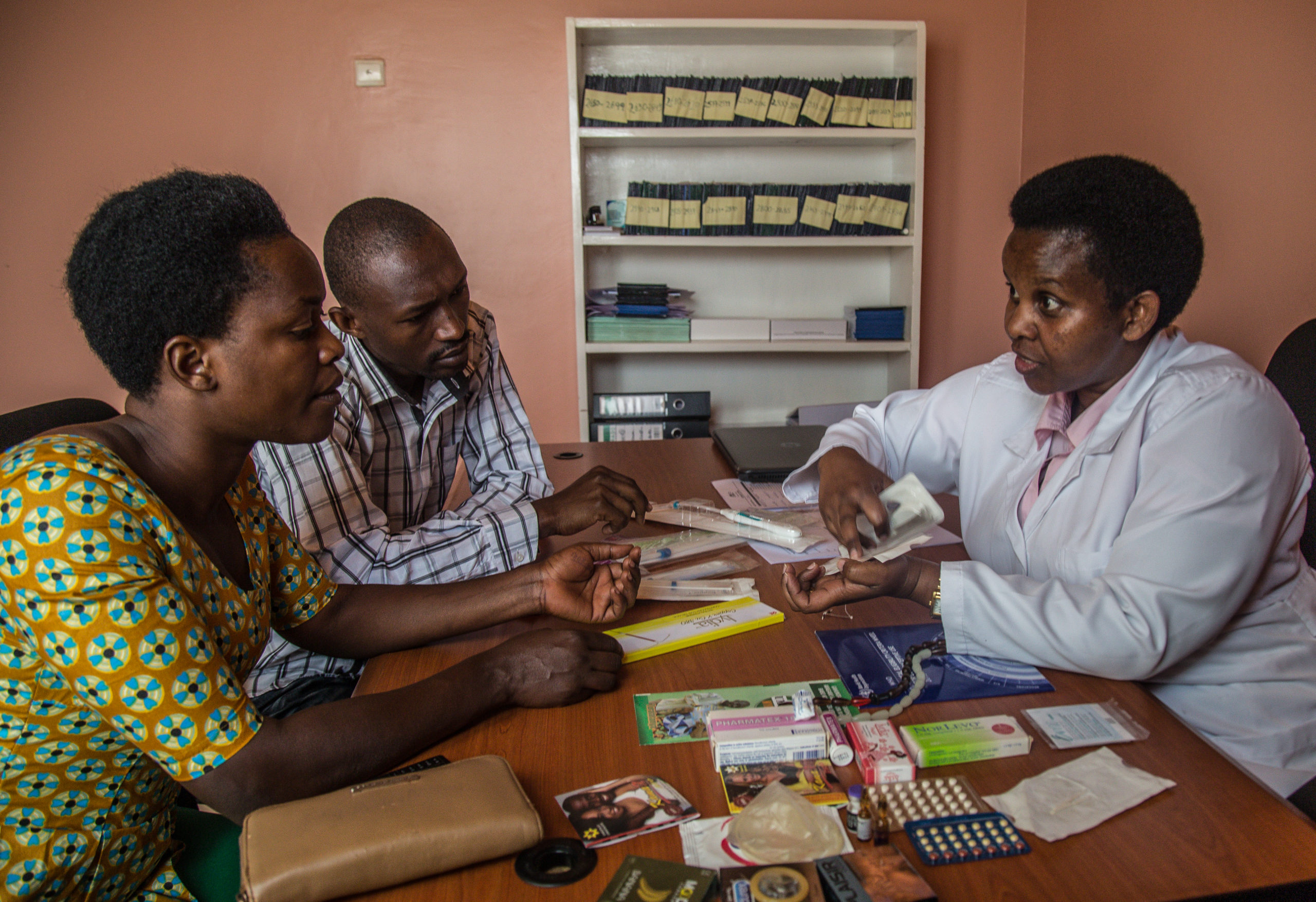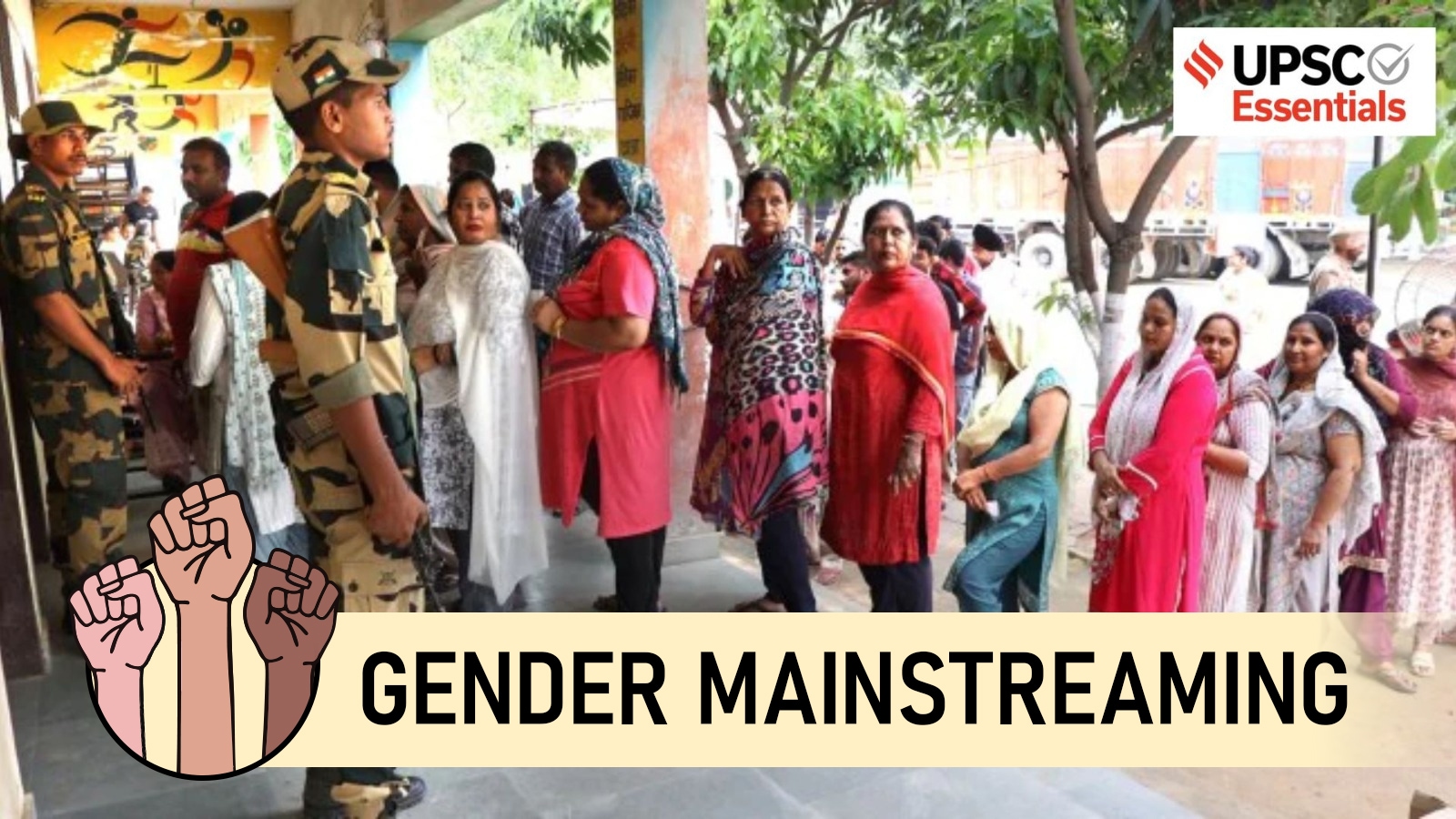Hegseth reposts video featuring pastors against women’s voting rights – Military Times

Report on Actions by U.S. Defense Secretary in Relation to Sustainable Development Goals
Overview of Incident
A report has been compiled concerning a social media action by the United States Secretary of Defense, Pete Hegseth, and its implications for international commitments to the Sustainable Development Goals (SDGs). The incident involves the Secretary’s promotion of content containing views that directly challenge fundamental principles of equality and democratic participation.
- On Thursday, Secretary Hegseth reposted a video to the social media platform X.
- The video was a report examining the Communion of Reformed Evangelical Churches (CREC), which featured pastors advocating for the constitutional repeal of women’s right to vote.
- The Secretary’s post was accompanied by the comment: “All of Christ for All of Life.”
- A Pentagon spokesperson subsequently confirmed the Secretary’s affiliation with a CREC-associated church and his appreciation for its teachings.
Analysis of Actions and Contradiction with SDG 5: Gender Equality
The promotion of ideologies that seek to remove women’s suffrage is in direct and severe conflict with SDG 5, which aims to achieve gender equality and empower all women and girls. The action undermines several key targets within this goal.
- Violation of Political Participation (Target 5.5): The core message of the promoted content—to disenfranchise women—is a fundamental assault on SDG Target 5.5, which seeks to “ensure women’s full and effective participation and equal opportunities for leadership at all levels of decision-making in political, economic and public life.” Removing the right to vote is the most direct method of eliminating such participation.
- Erosion of Empowerment and Rights (Target 5.c): The ideology presented, which includes the concept of female submission and the removal of political rights, works against SDG Target 5.c. This target calls for nations to “adopt and strengthen sound policies and enforceable legislation for the promotion of gender equality and the empowerment of all women and girls at all levels.”
Implications for SDG 16: Peace, Justice and Strong Institutions
The incident carries significant implications for the principles of justice and institutional integrity, as outlined in SDG 16. The actions of a high-ranking official within a nation’s defense apparatus can impact public trust and the perceived inclusivity of government bodies.
- Undermining Inclusive and Participatory Societies (Target 16.7): SDG Target 16.7 is focused on ensuring “responsive, inclusive, participatory and representative decision-making at all levels.” Advocating for the exclusion of half the population from the electoral process is antithetical to the creation of inclusive and participatory institutions.
- Challenging Non-Discriminatory Policies (Target 16.b): The promotion of views that call for discriminatory laws directly opposes the objective of SDG Target 16.b, which is to “promote and enforce non-discriminatory laws and policies for sustainable development.”
Conflict with SDG 10: Reduced Inequalities
The content endorsed by the Secretary advocates for a systemic increase in inequality, directly contradicting the aims of SDG 10.
- Reversal of Political Inclusion (Target 10.2): This target aims to “empower and promote the social, economic and political inclusion of all, irrespective of… sex.” The call to remove women’s right to vote is a direct call to reverse political inclusion and institutionalize inequality based on gender.
- Promotion of Discriminatory Practices (Target 10.3): By supporting an ideology that would strip women of a fundamental right, the action runs counter to SDG Target 10.3, which is to “ensure equal opportunity and reduce inequalities of outcome, including by eliminating discriminatory laws, policies and practices.”
SDGs Addressed in the Article
- SDG 5: Gender Equality – The article directly addresses issues of gender equality by highlighting discussions around repealing women’s right to vote and the concept of women submitting to their husbands.
- SDG 16: Peace, Justice and Strong Institutions – The article touches upon the nature of government institutions by describing a high-ranking official promoting specific religious and discriminatory views, which relates to the goal of having inclusive and accountable institutions.
Specific SDG Targets Identified
SDG 5: Gender Equality
- Target 5.5: Ensure women’s full and effective participation and equal opportunities for leadership at all levels of decision-making in political, economic and public life.
- This target is directly relevant because the article highlights a movement advocating for the “repeal of women’s right to vote from the Constitution.” Denying women the right to vote is the most fundamental barrier to their participation in political decision-making.
- Target 5.1: End all forms of discrimination against all women and girls everywhere.
- The views discussed in the article, such as congregants believing that women should “submit” to their husbands and pastors advocating to strip women of their voting rights, are explicit forms of discrimination based on sex.
SDG 16: Peace, Justice and Strong Institutions
- Target 16.7: Ensure responsive, inclusive, participatory and representative decision-making at all levels.
- The promotion of ideas to exclude women from the electoral process directly undermines the principles of inclusive and participatory decision-making. Furthermore, the article notes that the Defense Secretary held “Christian prayer services… inside the government building during working hours,” raising questions about the inclusivity of a key state institution for employees of different faiths or no faith.
- Target 16.b: Promote and enforce non-discriminatory laws and policies for sustainable development.
- The article discusses the promotion of ideas that seek to dismantle a key non-discriminatory legal framework—the constitutional right for women to vote. The actions of a high-level government official in reposting and supporting these views challenge the principle of promoting and enforcing non-discriminatory laws.
Implied Indicators for Measuring Progress
SDG 5: Gender Equality
- Indicator 5.1.1: Whether or not legal frameworks are in place to promote, enforce and monitor equality and non-discrimination on the basis of sex.
- The article implies a threat to this indicator. The call to “repeal of women’s right to vote from the Constitution” is a direct attempt to dismantle an existing legal framework that ensures non-discrimination in political participation.
- Indicator 5.5.1: Proportion of seats held by women in national parliaments and local governments.
- While not providing data, the article discusses the foundational act required for this indicator: voting. Removing the right to vote would make it impossible for women to participate as voters or be elected, effectively reducing this proportion to zero over time and eliminating the most basic form of political participation.
SDG 16: Peace, Justice and Strong Institutions
- Indicator 16.7.2: Proportion of population who believe decision-making is inclusive and responsive, by sex, age, disability and population group.
- The actions described in the article, particularly a top defense official promoting the disenfranchisement of women, would likely lead to a decrease in the proportion of the population (especially women) who believe decision-making is inclusive.
Summary of SDGs, Targets, and Indicators
| SDGs | Targets | Indicators |
|---|---|---|
| SDG 5: Gender Equality |
5.1: End all forms of discrimination against all women and girls everywhere.
5.5: Ensure women’s full and effective participation and equal opportunities for leadership at all levels of decision-making in political, economic and public life. |
5.1.1: Whether or not legal frameworks are in place to promote, enforce and monitor equality and non-discrimination on the basis of sex (implied by the discussion of repealing women’s right to vote).
5.5.1: Proportion of seats held by women in national parliaments and local governments (implied by the threat to the fundamental right to vote). |
| SDG 16: Peace, Justice and Strong Institutions |
16.7: Ensure responsive, inclusive, participatory and representative decision-making at all levels.
16.b: Promote and enforce non-discriminatory laws and policies for sustainable development. |
16.7.2: Proportion of population who believe decision-making is inclusive and responsive, by sex, age, disability and population group (implied by the promotion of exclusionary ideas by a government official). |
Source: militarytimes.com

What is Your Reaction?
 Like
0
Like
0
 Dislike
0
Dislike
0
 Love
0
Love
0
 Funny
0
Funny
0
 Angry
0
Angry
0
 Sad
0
Sad
0
 Wow
0
Wow
0









